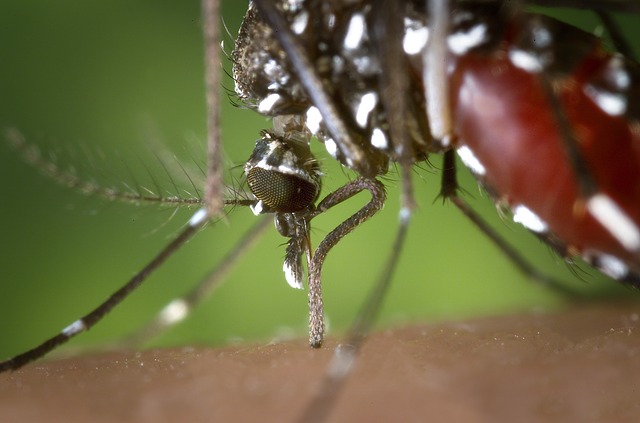By NewsDesk @infectiousdiseasenews
In the state of Pernambuco, in the Northeast region of Brazil, reported a significant increase in three arbovirus infections in 2019, according to a UOL report (computer translated).

During the past year, 73,745 arbovirus infections were reported, compared to 28,257 dengue, Zika and chikungunya cases reported in 2018, or a 161 percent increase.
More specifically, dengue cases (61,451) saw a 163 percent increase, chikungunya (8467) saw a 145 percent increase and Zika (3827) saw a 153 percent increase.
18 infections you can get from mosquitoes
13 arbovirus fatalities were reported in the state, with 12 due to dengue.
In 2019, Brazil reported more than 2.1 million dengue cases, with more than 700 deaths.
Dengue is a disease caused by a virus spread through mosquito bites. The disease can take up to 2 weeks to develop with illness generally lasting less than a week.
Health effects from dengue include fever, headache, nausea, vomiting, rash, muscle and joint pain, and minor bleeding.
Dengue can become severe within a few hours. Severe dengue is a medical emergency, usually requiring hospitalization.
In severe cases, health effects can include hemorrhage (uncontrolled bleeding), shock (seriously low blood pressure), organ failure, and death.
- Vietnam reports big increase in dengue fever in 2019
- Researchers get closer to development of vaccine for infants
- China: ‘Novel coronavirus’ preliminarily identified in pneumonia outbreak
- Pennsylvania Health Secretary on the flu: ‘We are concerned with the growing amount of cases’
- UAE reports MERS case in man from Abu Dhabi region
- Enterovirus A71: Largest outbreak in the US discovered

